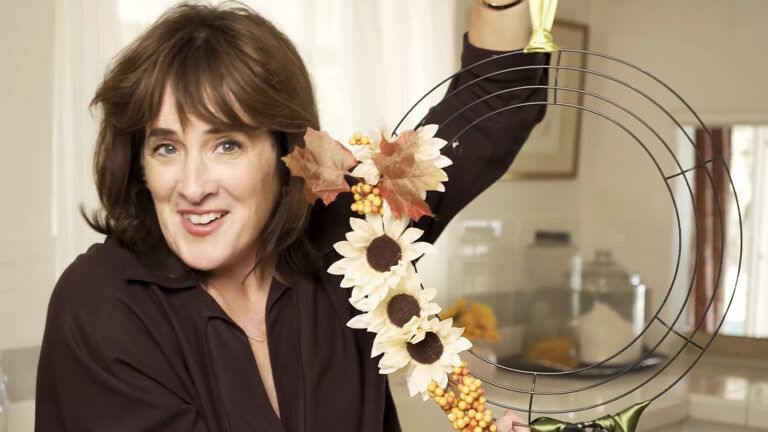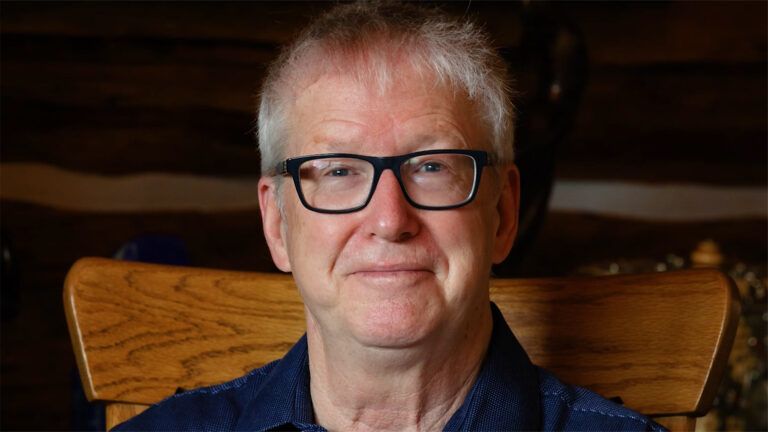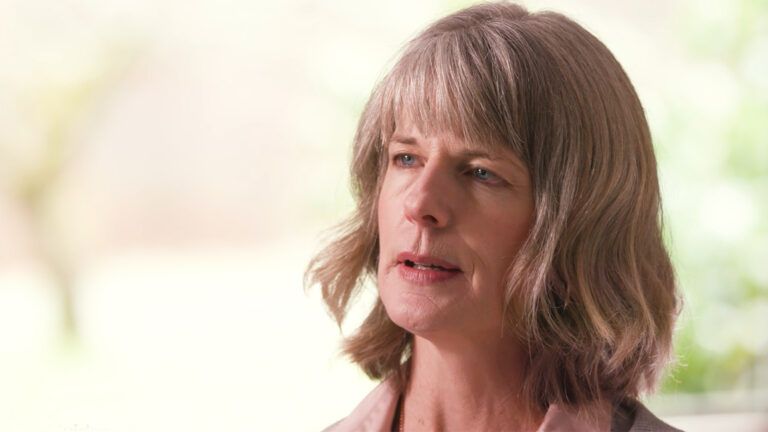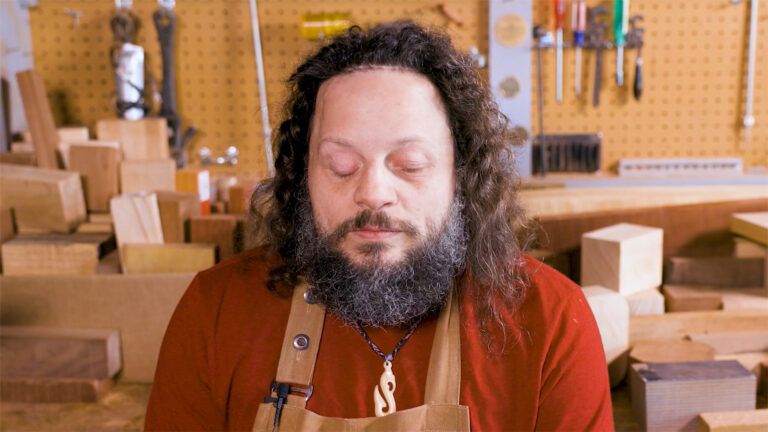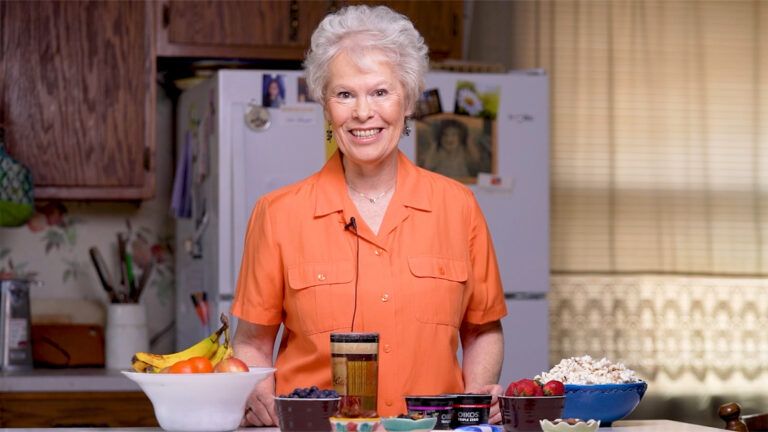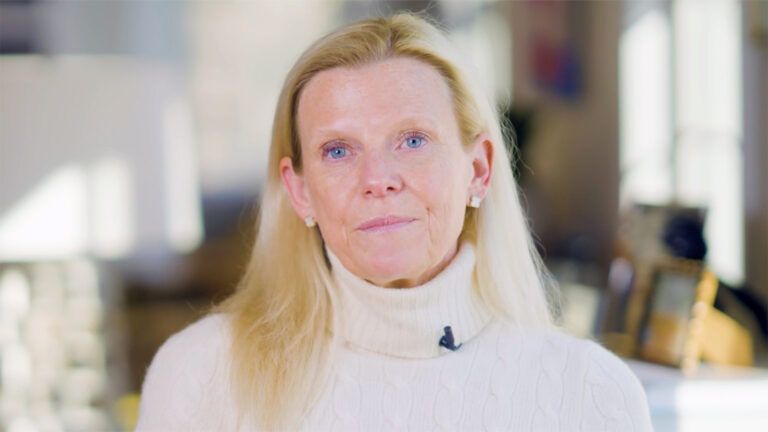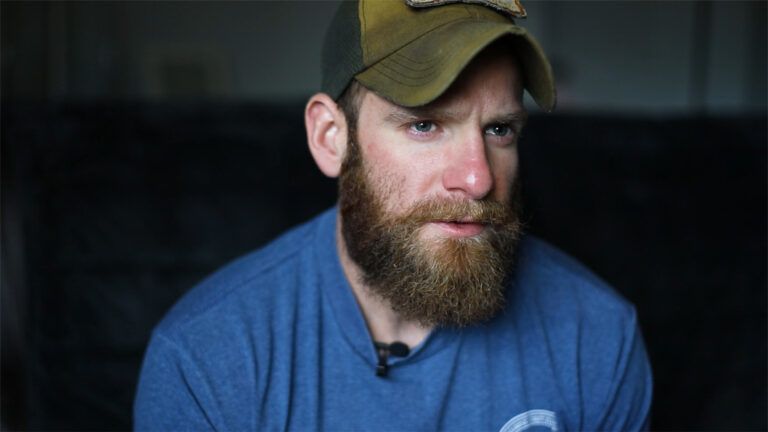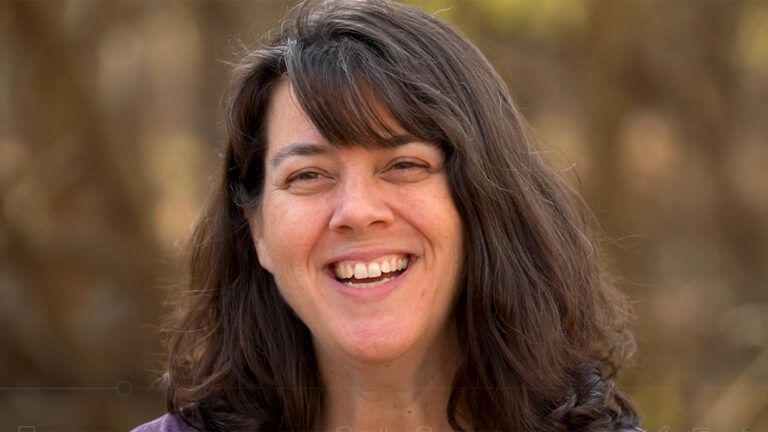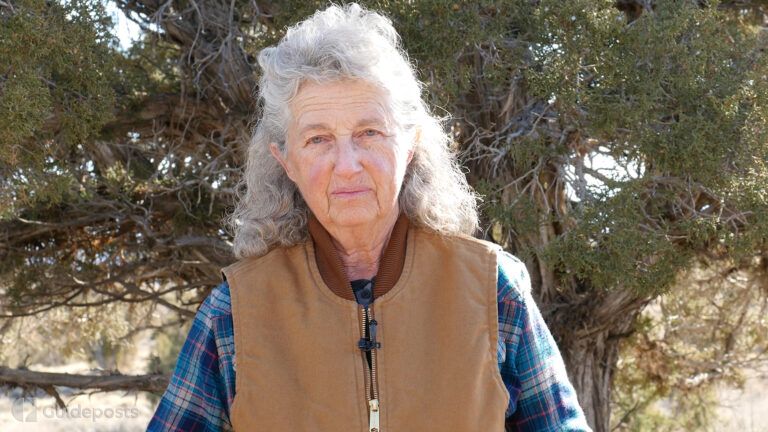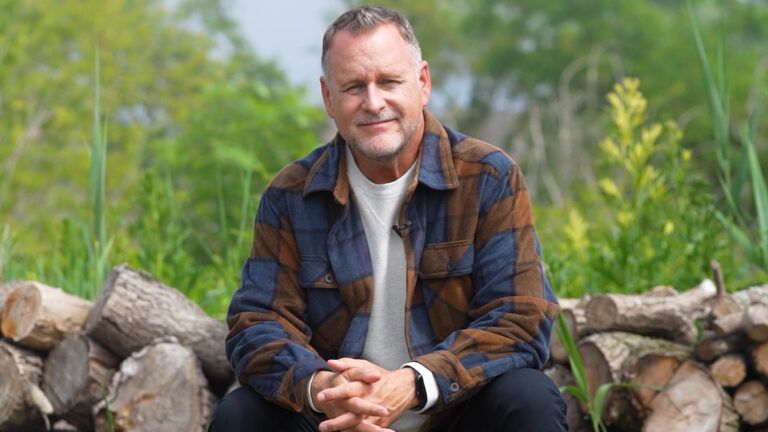
How a Rescued Raccoon Became Her Best Friend
A licensed wildlife rehabilitator, she nursed an injured racoon back to health, and soon an unbreakable bond existed between them.
View Transcript
It’s a typical Tuesday for Cristina Zenato. She ducks below the surface of the water, the Bahamian sun alighting on the slow stream of bubbles emerging as she exhales. She’s grinning through her scuba mouthpiece, her eyes serene behind her mask. This is the place where she’s truly at peace—despite being circled by dozens of sharks.
Life has always been an adventure for Zenato. Growing up in the Congo cemented her love for animals and the outdoors. But it was her dad’s work as a military diver that ignited her passion for the ocean. Zenato fell in love with sharks at age eight and dreamed of becoming an underwater scuba ranger. “I wanted the sharks to be my friends,” she says. “I never thought it could be a real job, but here I am!”
Zenato took a trip to the Bahamas to learn how to scuba dive. Right away she knew: This was where her dream could be fulfilled. She moved there, thinking it would just be for a year. Twenty-five years later, she’s still working as a diving professional in the Bahamas. She uses a variety of skills in her daily dives. But the one that leaves people awestruck is her ability to remove hooks from sharks’ mouths.
Sharks follow fishing boats, trying to snag some of the catch. They often end up with hooks caught in their mouths, which leads to discomfort, difficulty eating and infection. Removing the hooks can be a long and dangerous process. The benefits outweigh the risks for Zenato, who believes she was meant to help these creatures. “I love being with the sharks. I’m never scared.”
Part of that ease stems from what Zenato calls “dive-site fidelity.” She has worked with Caribbean reef sharks for years. “I watch and adapt to them; I feel when they are having good days or bad days,” she says. “I’ve built a connection based on repetition and conditioning. The sharks know that I’m safe and they can relax.”
Hook removal is just one facet of Zenato’s shark conservation efforts. Sharing her knowledge—with the public, several Bahamian organizations and others—is an ongoing task. She was instrumental in convincing the Bahamas to make their waters a shark sanctuary in 2011 and has helped promote shark tourism by training local divers and leading her own dives and diving courses. “I hope that by allowing people to come close to sharks and surface with a new understanding of them, they share their positive experience with others,” Zenato says.
She will continue to remove hooks one by one, because each shark she helps affects the future of our oceans. All 500-plus species of sharks are part of a complex food chain, each part dependent on the others. “There are no shark-infested waters, just like there aren’t bird-infested skies,” Zenato says. “Sharks live and belong in our oceans, and shouldn’t be viewed with myth and fear, but love and understanding.”
Did you enjoy this story? Subscribe to All Creatures magazine.

